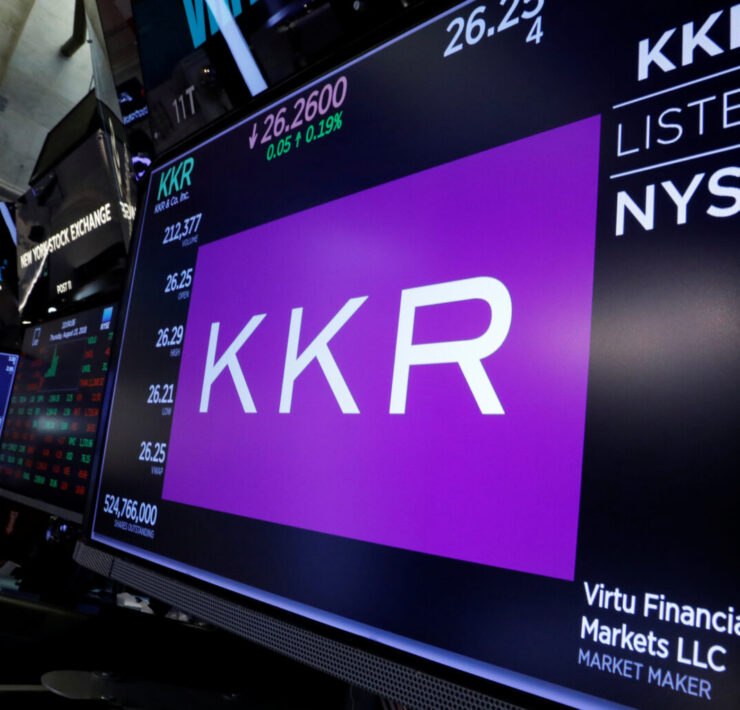Globe tapped to interlink major Pacific subsea cable system

Globe Telecom Inc. is providing a cable landing station in Davao for the 19,221-kilometer (km) Malaysia-US (MYUS) subsea cable system project, which aims to cater to data-hungry hyperscalers, cloud companies and telecommunications players.
In a statement on Wednesday, the telecommunications giant said MYUS cable owner Hexa Capital Consultancy PLT chose Globe as its local partner for the interconnection. Globe said it would be providing an existing station, which Hexa would use for a fee. “For now, we’re not disclosing the fee,” it said.
Cable landing stations are facilities linking undersea fiber optic cables and on ground connectivity networks to transmit internet data. The international fiber project links Sedili, Malaysia; Batam, Balikppapan and Jakarta, Indonesia; and Guam and Oregon in the US. It is designed to have a total capacity of 240 terabits per second.
The project is targeted to be launched in 2028.
“The MYUS cable is being designed specifically to provide trusted and reliable direct fiber connectivity between these locations for large hyperscaler, cloud, content, telecom carriers and government customers,” Hexa founder and CEO Azhari Abang Hadari said.
Hyperscalers are entities that need massive amounts of data capacity to provide cloud, networking and internet services. Some examples of these hyperscalers are Amazon AWS, Microsoft Azure, Google GCP, Alibaba AliCloud, IBM and Oracle.
“The MYUS Network provides efficient routing for the lowest possible latency, and uses well-known, well-proven cable landing sites that have excellent up-time performance as well as widely available backhaul options for Hexa’s fiber pair owners,” the Hexa official added.
Apart from this, Globe is also working on the 2,500-km Philippine Domestic Submarine Cable Network (PDSCN), which would traverse the archipelago.
The landing stations for PDSCN are situated in Lucena City, Quezon; Boaca, Marinduque; Calatrava, Tablas Island, Romblon; Roxas City, Capiz; Placer, Masbate; Palompon, Leyte; Mactan, Cebu; Talisay City, Cebu; Tagbilaran City, Bohol; and Cagayan de Oro City, Misamis Oriental.
Globe is working on this project with telco player Eastern Communications and digital solutions provider InfiniVAN.
Its competitors PLDT Inc. and Converge ICT Solutions Inc. have also been working on establishing longer submarine cable networks to facilitate an increase in data volume due to heightened internet use.
Globe has been investing heavily in infrastructure to widen its service reach. In the first half, it spent P28.3 billion in capital to build 352 new cell sites, upgrade 1,942 existing mobile sites and deploy 245 new 5G sites across the country, among others.
The telco player’s 5G coverage has reached 98.45 percent in the National Capital Region and 94.19 percent in key cities in Visayas and Mindanao.





















